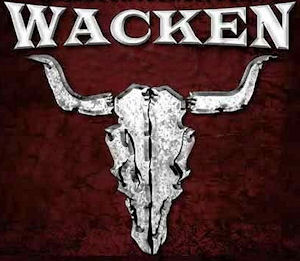Facts About Wacken Open Air
Wacken Open Air is one of the most iconic heavy metal music festivals in the world, held annually in Wacken, Germany since 1990. This festival celebrates all facets of hard rock and metal and has burgeoned into one of the largest of its kind globally, as well as one of Germany's most prominent open-air festivals. Each year, around 85,000 fans converge on the small town, the majority being paying attendees. However, like many events, the 2020 edition was canceled due to the COVID-19 pandemic.
The festival's journey began in 1989 when Thomas Jensen and Holger Hübner conceived the idea. The inaugural festival in 1990 drew only 800 visitors, but its popularity skyrocketed over the years. Despite encountering financial challenges in its early stages, Wacken Open Air eventually found its footing. Legendary bands such as Blind Guardian and Saxon have graced its stages, attracting international attention and solidifying its prestigious reputation.
Over time, Wacken Open Air has continually expanded, featuring multiple stages that cater to various subgenres of metal. The organizers have invested considerable effort into enhancing the festival experience by improving infrastructure, security, and other essential services. Beyond the main festival, the Wacken brand has grown to include events like Full Metal Cruise, Hamburg Metal Dayz, and Wacken Winter Nights.
The festival's influence extends into other media as well, serving as the subject of numerous documentaries and live recordings from various bands. It has garnered accolades, including the Live Entertainment Award for best festival. Wacken Open Air's impact goes beyond music; initiatives like the Wacken Foundation support emerging metal bands, and the festival even hosts blood donation campaigns.

 Belgium
Belgium